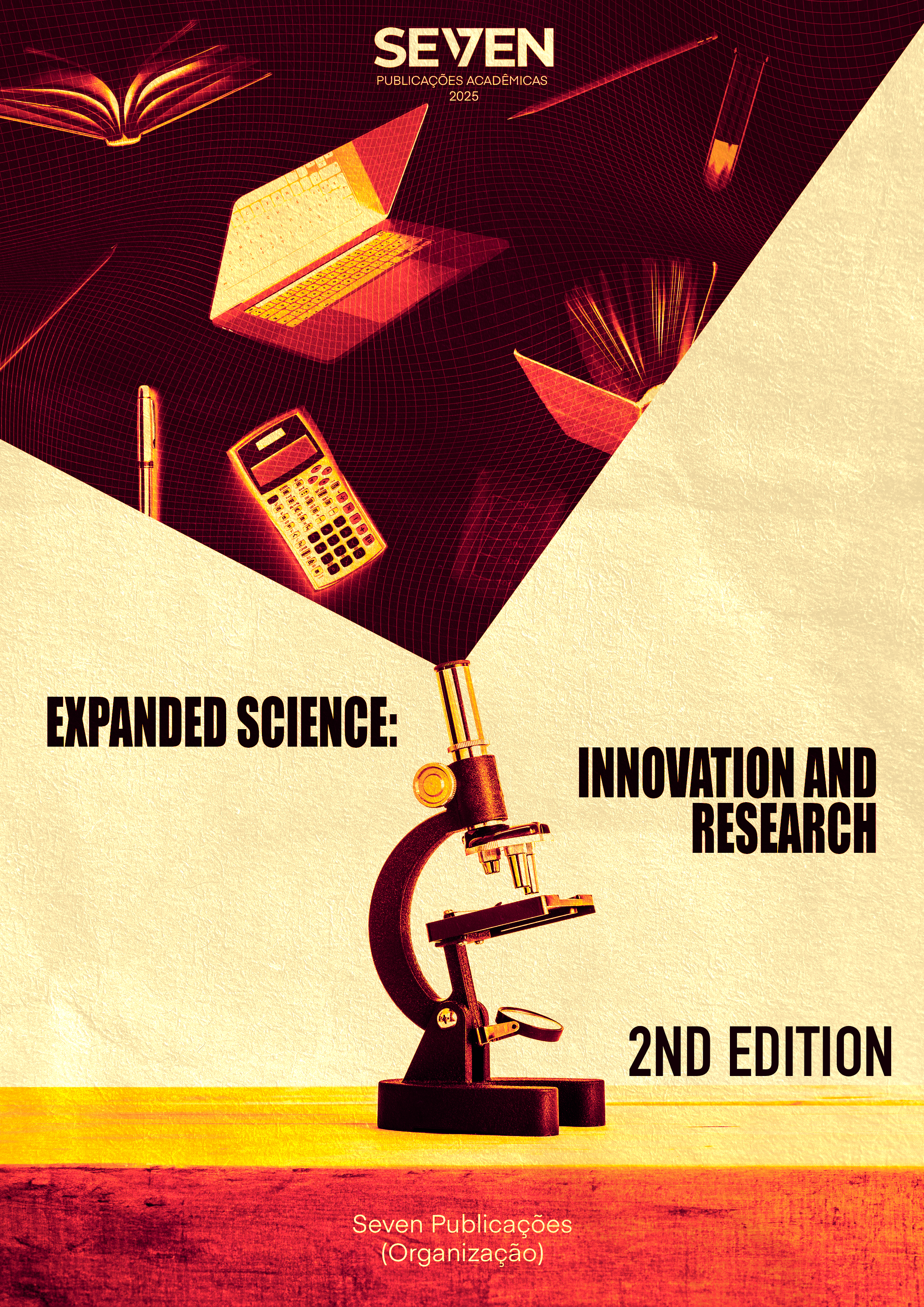QUALITY TOOLS AND PROCESS STANDARDIZATION: A CASE STUDY IN A TEXTILE COMPANY
Keywords:
Quality Tools, PDCA, Process Standardization, Textile Industry, Continuous ImprovementAbstract
The adoption of quality tools in conjunction with the PDCA cycle constitutes one of the foundations of continuous improvement in production processes. Although widely used, their practical application in traditional industries, such as textiles, still lacks more detailed analyses of their impacts and limitations. This article aims to investigate the effects of implementing quality tools and the PDCA cycle in the flat knitting sector of a textile company located in Santa Catarina, focusing on process standardization and reducing nonconformities. Methodologically, this is a descriptive case study, conducted through the integrated application of brainstorming, the GUT matrix, 5W1H, check sheets, and standardization via Standard Operating Procedures (SOP). The results demonstrated a significant reduction in dimensional nonconformities of produced parts, greater clarity in technical specifications, and standardization of operational routines. On the other hand, a decrease of approximately 30% in daily productivity was observed, demonstrating that quality improvements can generate trade-offs in terms of operational efficiency. As a contribution, the study reinforces the importance of systematically using quality tools in the textile sector, demonstrating their potential to increase reliability and reduce waste. It also highlights the need for future research on the balance between quality and productivity. Furthermore, it points to ways to integrate these tools with contemporary approaches, such as Lean Manufacturing and Industry 4.0, expanding their applicability in competitive and dynamic environments.
Downloads
Published
Issue
Section
License
Copyright (c) 2025 Gisele Poncio, Diego Milnitz, Jamur Johnas Marchi

This work is licensed under a Creative Commons Attribution-NonCommercial 4.0 International License.





